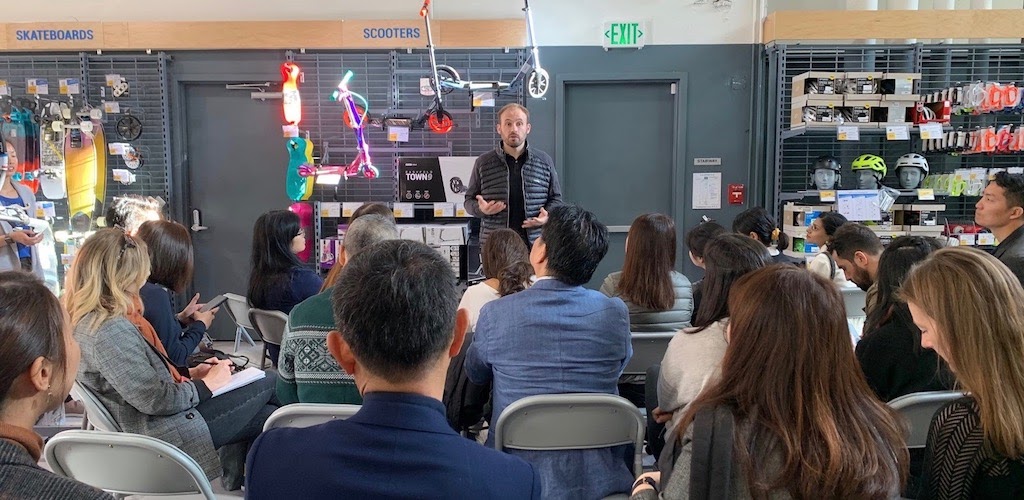Decathlon has over 1,600 sporting goods stores globally and, more recently, they have expanded their presence in the U.S. market. In order to drive seamless customer experiences at scale, Decathlon partnered with MuleSoft to build a foundation of reusable APIs — making it easier to plug in new services.
Delivering a seamless omnichannel experience
By integrating various apps, systems, and data using API-led connectivity, Decathlon can now deliver new omnichannel experiences for its customers. Beginning in the U.S. and extending to other locations around the world, the company is leveraging its growing number of reusable APIs to iterate on brand new customer experiences.
Decathlon started its digital transformation journey by designing a cloud-based order management platform with reusable APIs — including product prices, order reconciliation, inventory, and fulfillment. Decathlon’s newly modern eCommerce order management allowed them to sync inventory data in real-time — providing customers with an accurate and seamless checkout process.
Modernizing legacy systems using APIs
With Anypoint Platform™, Decathlon was able to access siloed data using the 10+ reusable APIs that could pull information from legacy systems. Outside of legacy systems, the reusable APIs can be used for other company initiatives — enabling teams across the business to build connected customer experiences, increase operational efficiencies, and create new products and services.

Ahead of Dreamforce at its new San Francisco store, the company showcased how it is embracing digital capabilities to create fresh experiences in brick-and-mortar stores.
The store is full of digital innovations, such as a cash-less check-out experience. Customers, instead, make purchases via a mobile checkout stations, where employees can scan each piece of merchandise with their mobile device and customers can pay using a card or digital wallet. The store also features lockers where customers can pick up their online purchases in-stores.
There’s an additional method for check out if the customer is purchasing several items. Each item in the store has a Radio Frequency Identification (RFID) tag and — when the customer places their basket in a compartment under the mobile checkout station — the RFID reader scans the entire basket in one go. According to Ashley Benson, Senior Product Manager at Decathlon USA, this approach makes the checkout process about 2X faster.
Decathlon’s U.S. store also features an inventory-checking robot, named Tally, that stands on a swivel base with a set of dark, blinking eyes. Tally can scan every product in the store in just two hours — simply by reading the RFID tags on each piece of merchandise and alerting Decathlon staff members of out-of-place items and items that need to be restocked. The implementation of this robot gives store employees more time to assist their customers.
The order management platform, which is powered by MuleSoft, underpins this mobile checkout system and Tally inventory robots.
For more information on how to transform your digital retail experience download our ebook.









